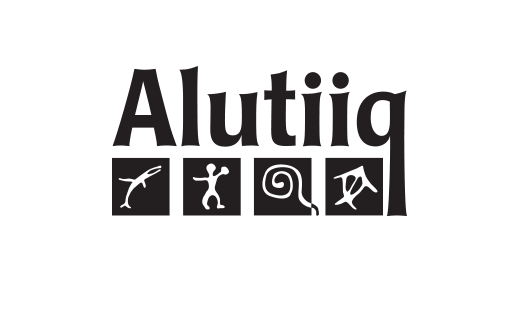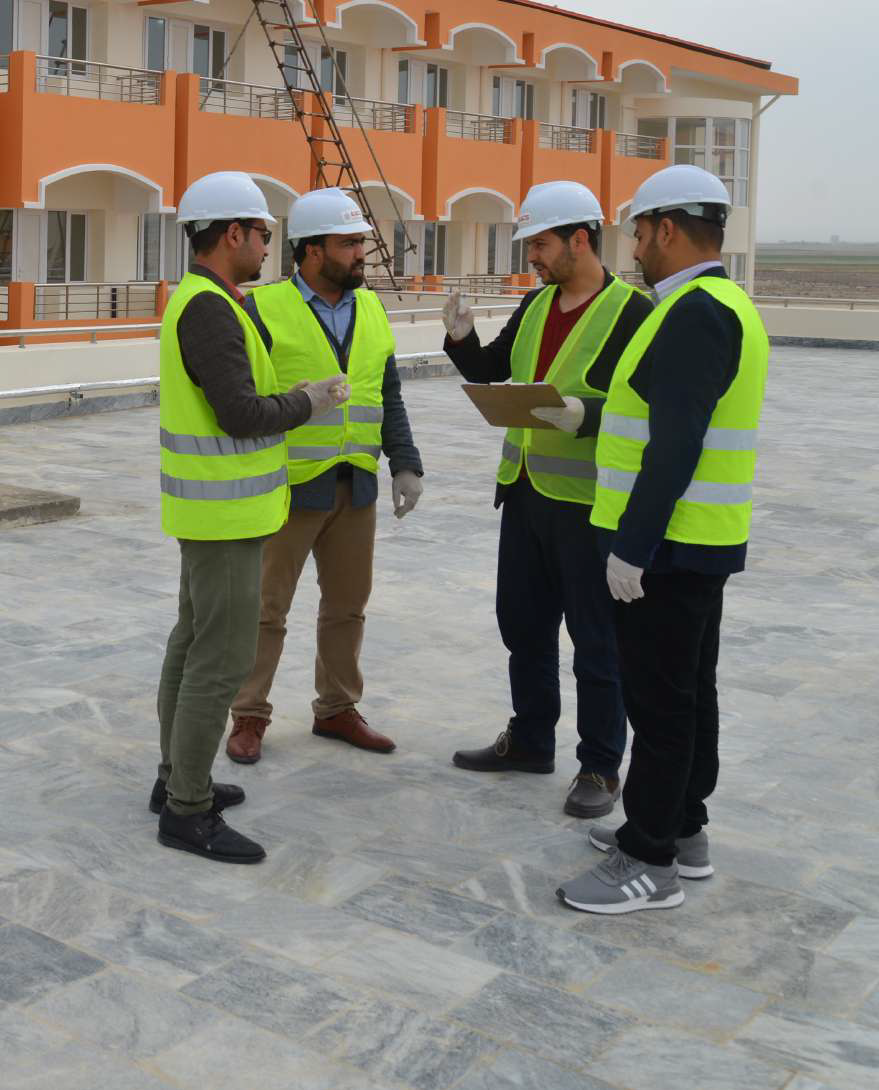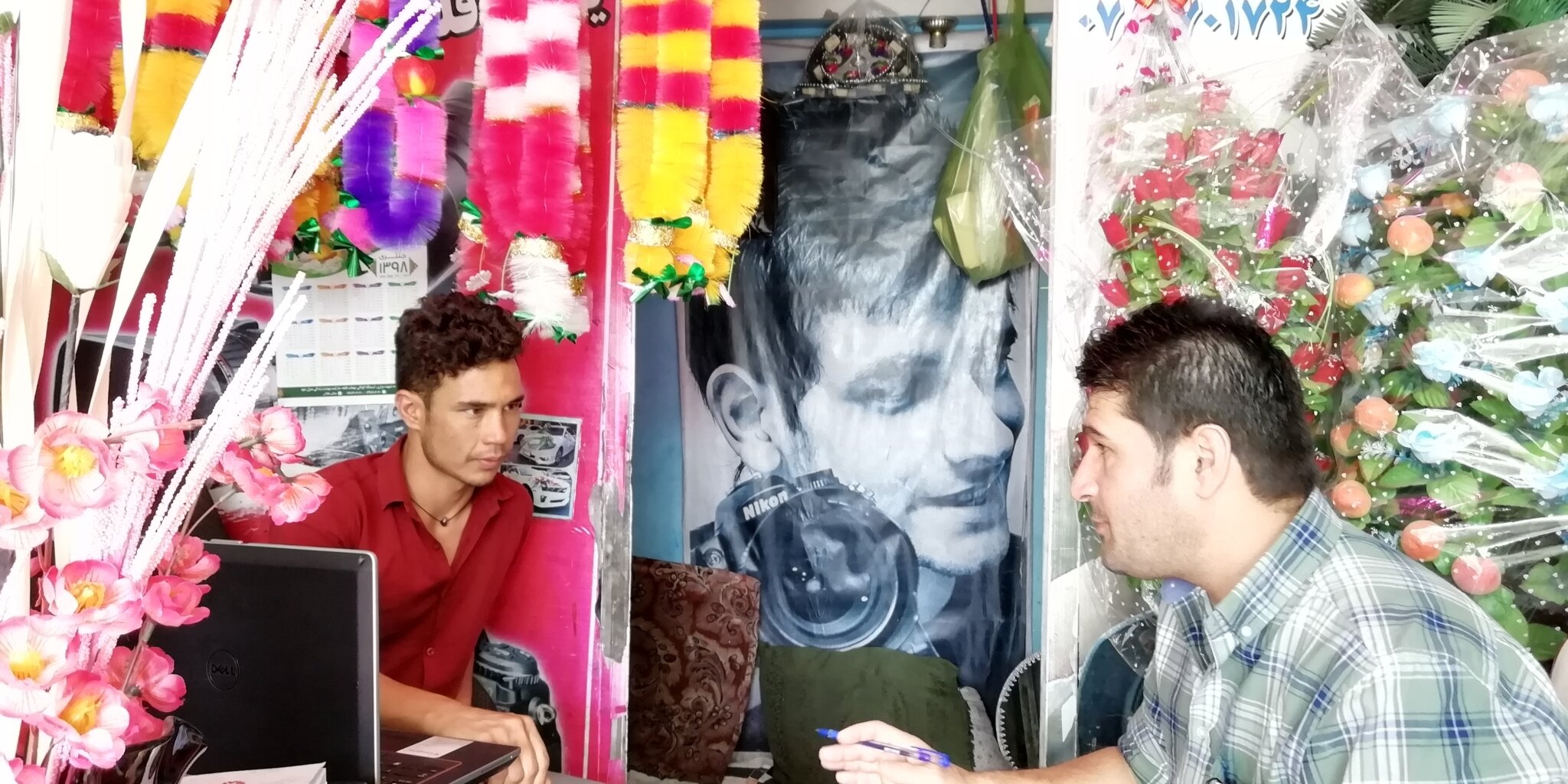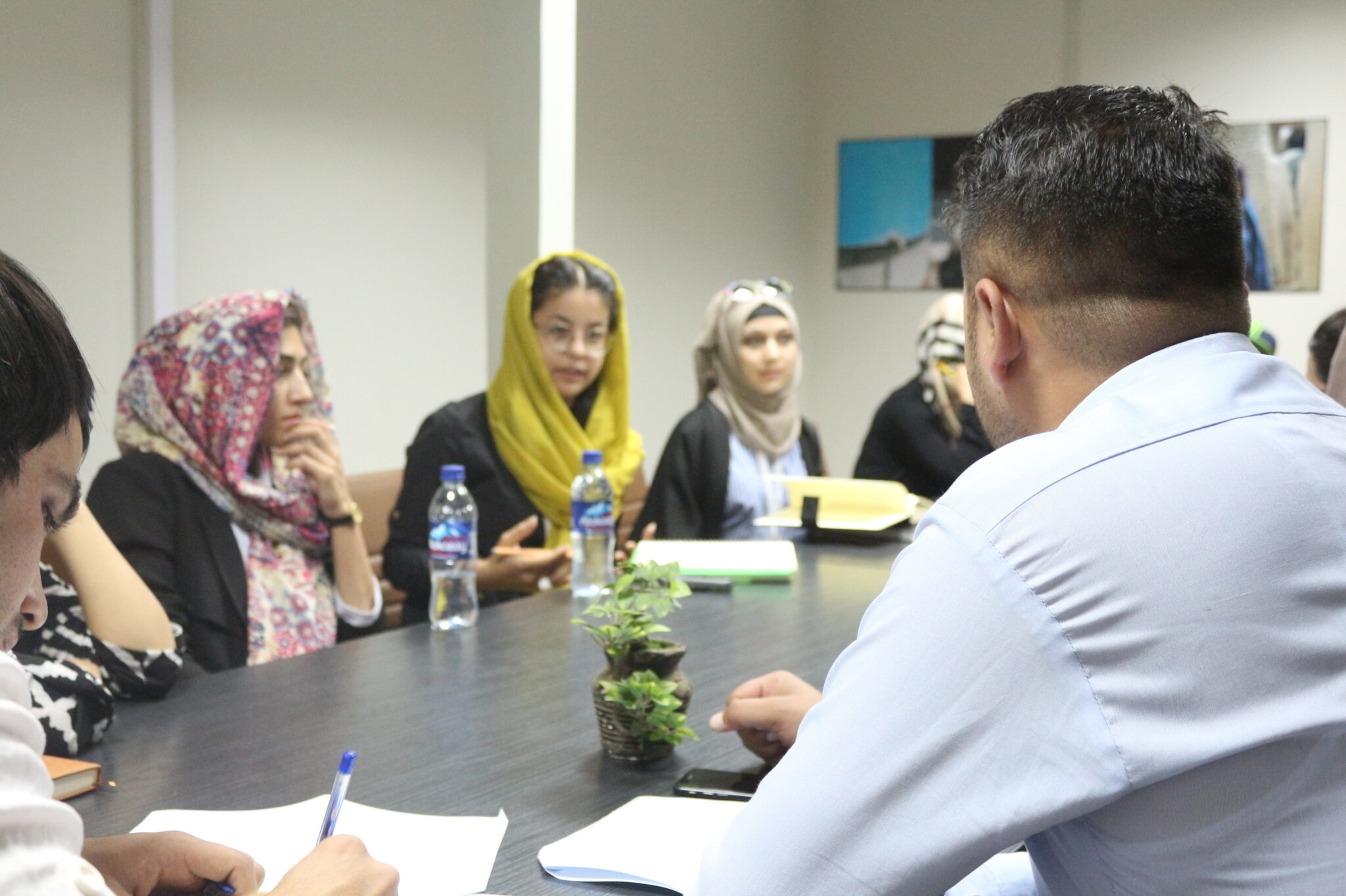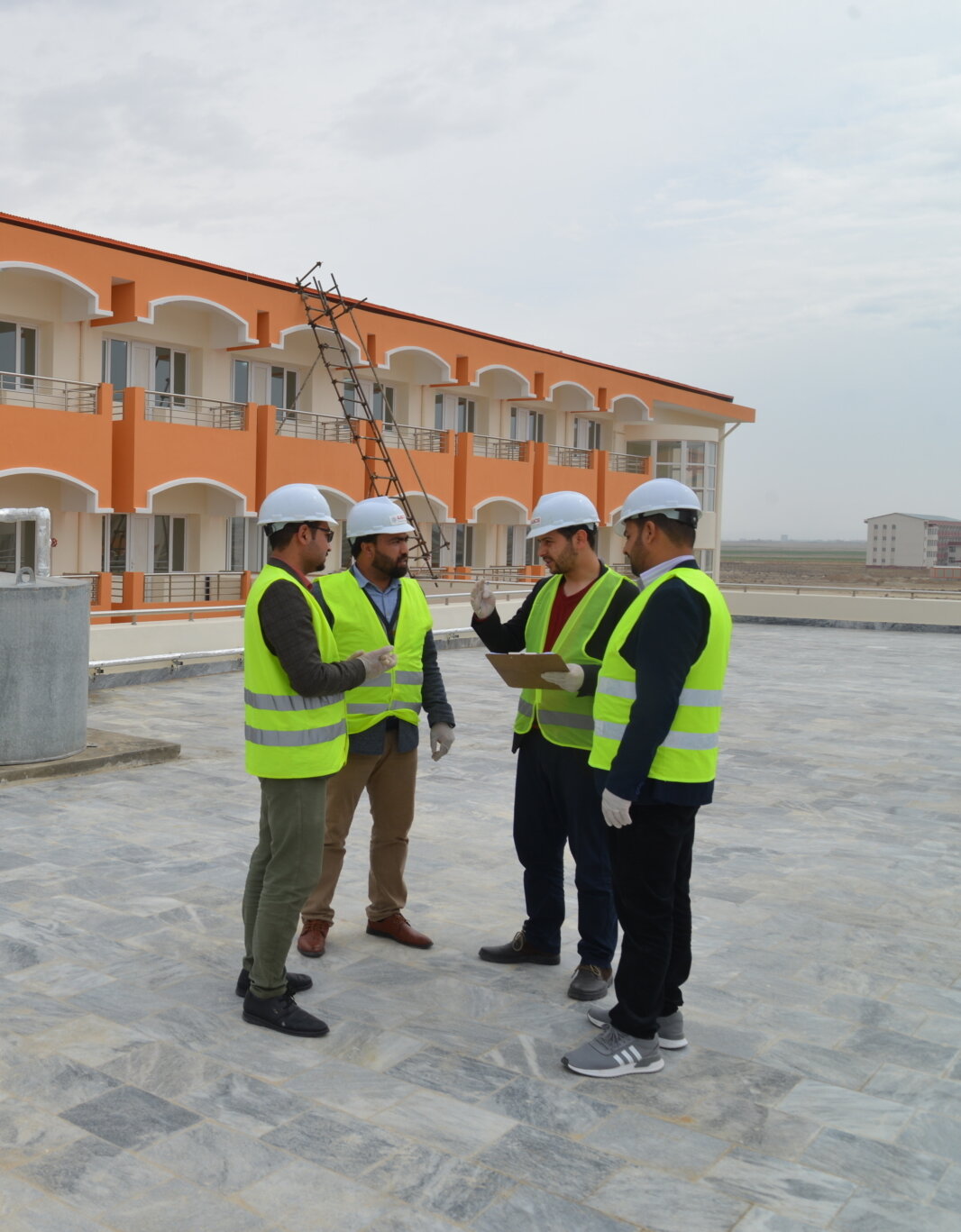
Adroit provided Third Party Monitoring for over 70 projects and grants on education, protection of culture and heritage, security, health, infrastructure design, and civil work. Covering 34 provinces in Afghanistan, India, Morocco, and Lebanon, data was collected through in-person and remote methods, to ensure accountability and transparency, and enhance the effectiveness of US-funded initiatives impacting over a million people. Some notable projects included long-term monitoring and advising on the design of a large-scale 800-bed dormitory construction for women, scholarship monitoring inside and outside Afghanistan, media support monitoring, and public perception analysis.
- 4 countries covered
- 1 Million+ people impacted
- 50,000+ surveys conducted
- 200+ Key Informant Interviews conducted
- 100+ participant and non-participant observations done
The onset of the COVID-19 pandemic posed unique challenges worldwide, prompting rapid adaptations in various sectors, including education. This case study focuses on the innovative use of remote ethnographic methods by Adroit Associates for the Afghanistan National Institute of Music (ANIM) to understand and manage the impacts of the pandemic on its educational programs.
The objectives of this case study are to analyze how ANIM transitioned to remote learning environments, assess the effectiveness of these methods, and examine the broader implications for remote ethnography in crisis situations. This exploration aims to highlight the resilience and adaptability of educational institutions in maintaining continuity and quality in education during unprecedented disruptions.
Project Approach
Traditionally, ANIM’s programs — including the English Language program, the annual Winter Music Academy, and various international cultural diplomacy initiatives — relied heavily on in-person instruction supported by a diverse array of national and international artists. These programs were integral in enriching Afghanistan’s cultural landscape and providing essential educational opportunities to the youth.
However, the advent of COVID-19 required a drastic shift in methodology. With schools closed and public gatherings restricted, ANIM was compelled to quickly devise alternative strategies to continue its educational offerings. In response, a three-month pilot online program was launched, segmented into three phases to methodically evaluate and adapt to the new teaching paradigm. This program was designed not only to sustain educational engagement but also to test the viability of remote learning in a rapidly changing environment.
To ensure a smooth transition to online learning, ANIM equipped students with tablets and reliable internet access, enabling participation from homes. The phased structure of the program allowed for meticulous monitoring and adaptation, with Adroit Associates closely overseeing the process through innovative remote ethnographic methods. This approach allowed for continuous evaluation and real-time adjustments to the educational delivery, ensuring that learning objectives were met despite the logistical challenges posed by the pandemic.
The successful implementation of remote monitoring and the adaptation of educational programs underlined ANIM’s capability to navigate through crisis-induced challenges. The detailed monitoring reports validated the program’s success, leading to subsequent phases receiving approval for continuation. This case study serves as a testament to the potential of remote ethnographic methods in ensuring educational continuity and highlights the adaptability required to overcome the barriers posed by global health emergencies.
Methodology
The monitoring methodology for the ANIM online pilot program was meticulously designed to evaluate various aspects of the educational initiative under the constraints imposed by COVID-19. The approach was multi-faceted, incorporating a mix of qualitative and quantitative methods to ensure comprehensive coverage and robust data. The assessment focused on four primary areas: Program Administration, Beneficiary Participation, Activity Verification, and Challenges of the Online Program. Each of these domains was vital for understanding the effectiveness and efficiency of the online transition.
Data were gathered through a combination of online surveys targeting ANIM students, telephonic key informant interviews with the ANIM Director, and non-participant observations of online classroom sessions. This mixed-methods approach allowed for a rich collection of data, enabling the team to capture not only the logistical and administrative functions of the program but also the qualitative experiences and challenges faced by participants. The use of remote observation tools and telecommunications reflected a significant adaptation to traditional ethnographic methods, aimed at overcoming the limitations of physical distancing requirements.
Ethical Considerations: Recognizing the sensitive nature of conducting research during a pandemic, the project placed a strong emphasis on ethical considerations. Informed consent was obtained from all participants, who were assured of confidentiality and the voluntary nature of their participation. Special attention was given to ethical concerns related to digital data collection, including data security and participant privacy.
Implementation
The implementation of the ANIM pilot program’s monitoring activities spanned from August to December 2020 and was conducted in three distinct phases. This phased approach facilitated a structured evaluation process, allowing for adjustments and improvements between each stage based on the data and feedback collected. Initially, the program was set to include all 55 students in the surveys, but due to connectivity issues, responses were successfully gathered from only 41 participants.
Observations of the online classes were planned for various subjects including English, Music Theory, and Practical Music. However, logistical challenges such as invalid links and unscheduled class timings limited the observation to only 12 sessions during the first phase of the pilot. Subsequent phases saw significant improvements, with over 190 sessions successfully monitored, indicating an adaptation to the digital challenges as the program progressed.
The insights gained from these activities were compiled and analyzed by Adroit Associates, who then provided detailed reports to the US Department of State. These reports were crucial in determining the continuation and scaling of the project and were instrumental in informing the decision to proceed with later phases of the pilot. The implementation process not only tested the resilience and flexibility of the educational framework but also highlighted the potential of remote methodologies in maintaining educational continuity during unprecedented times.
